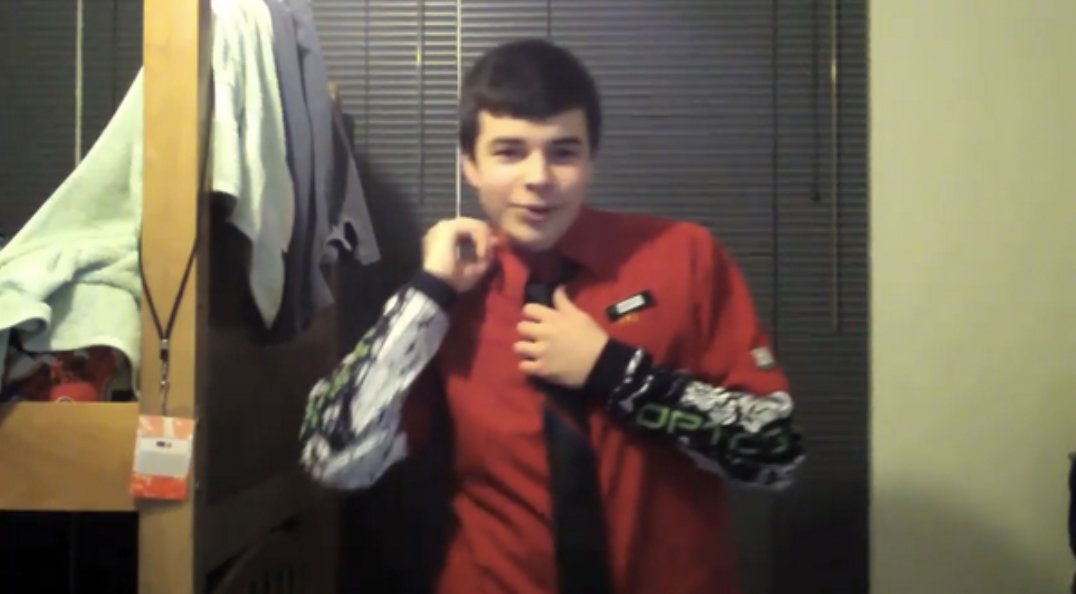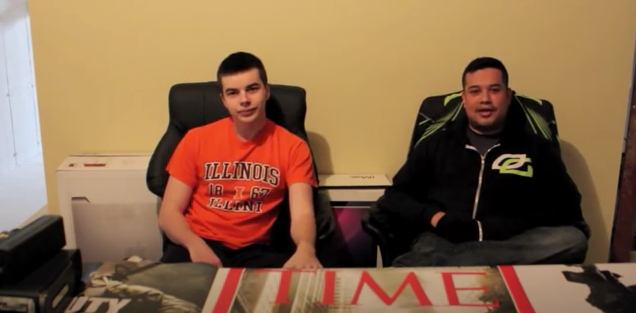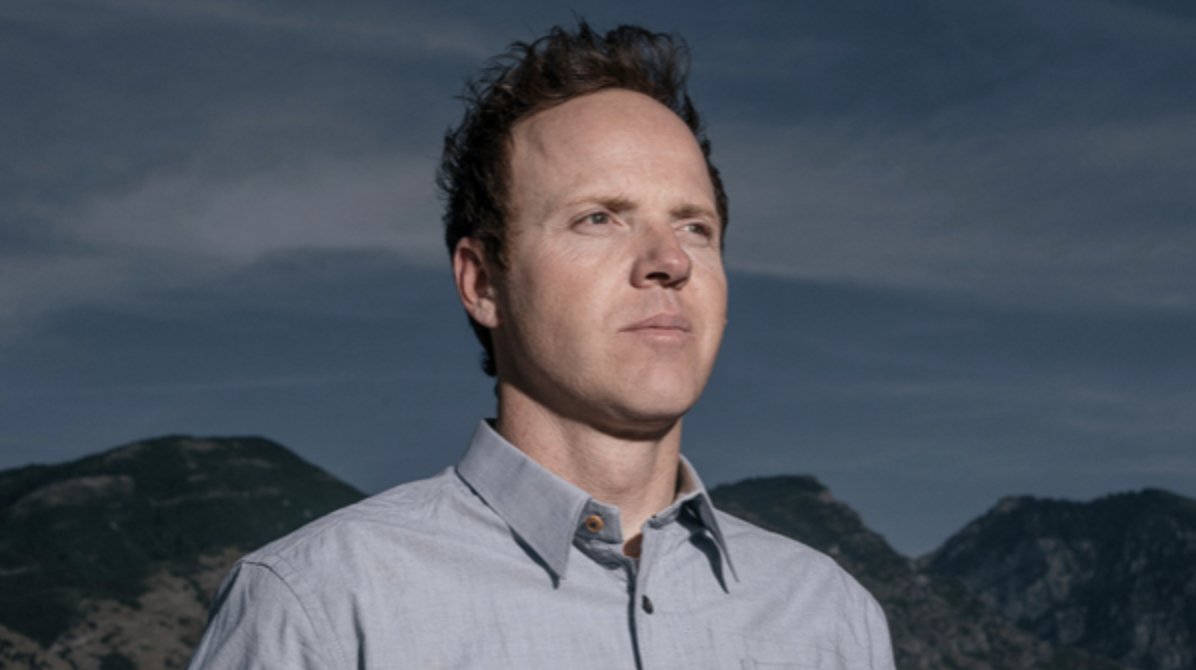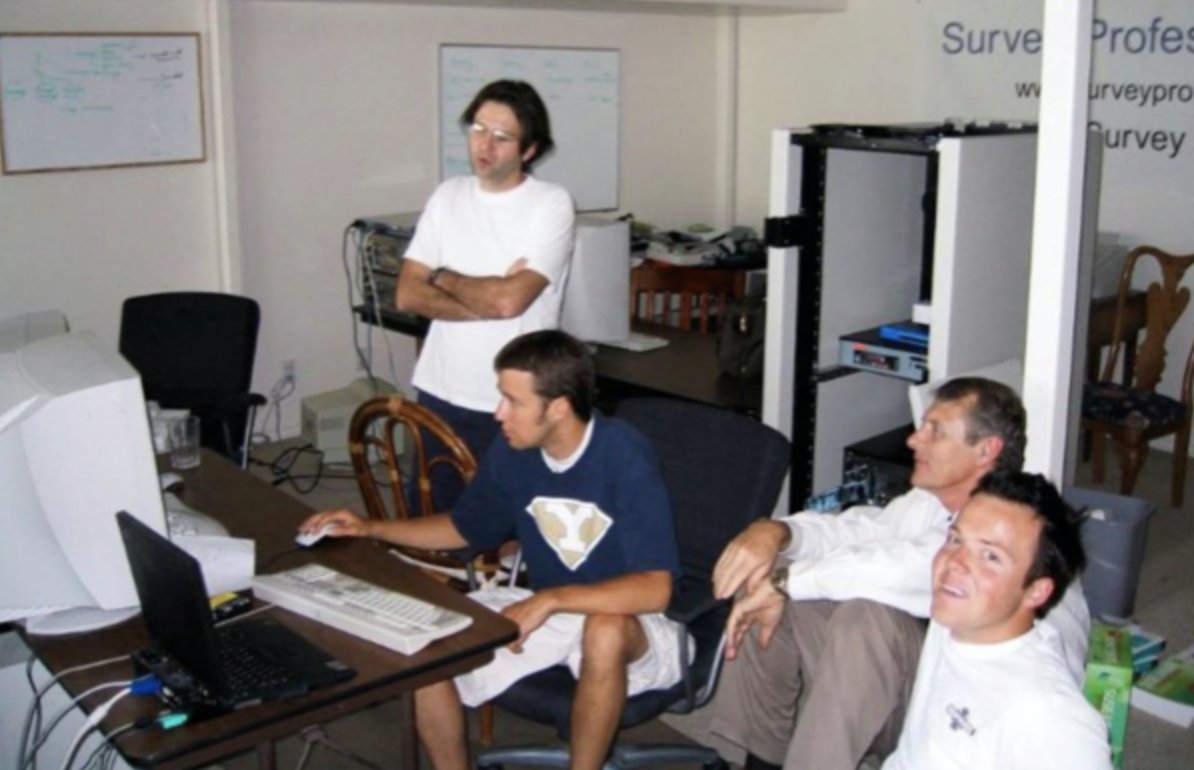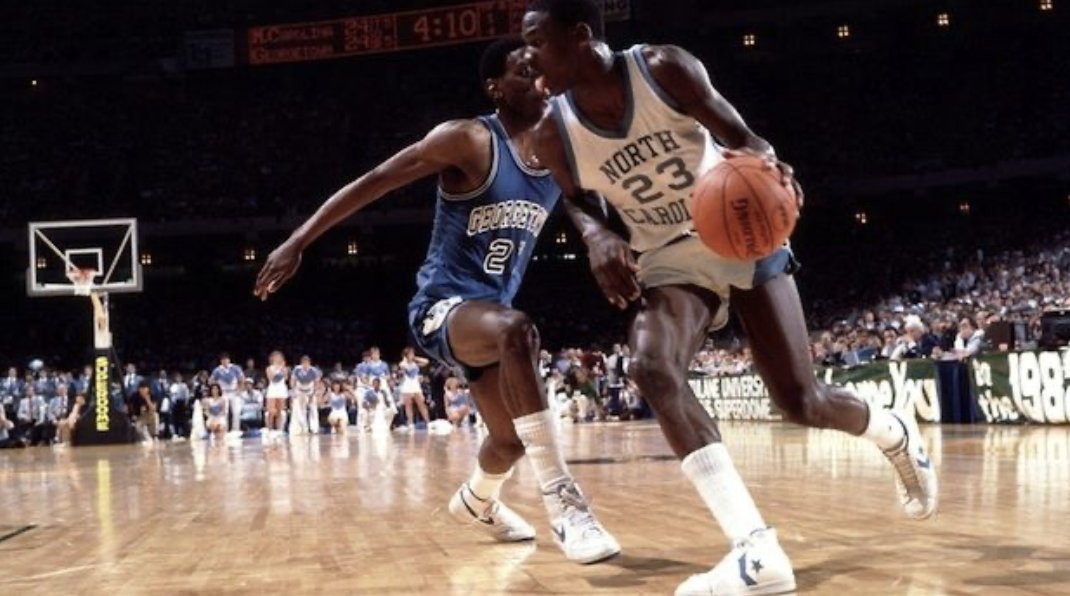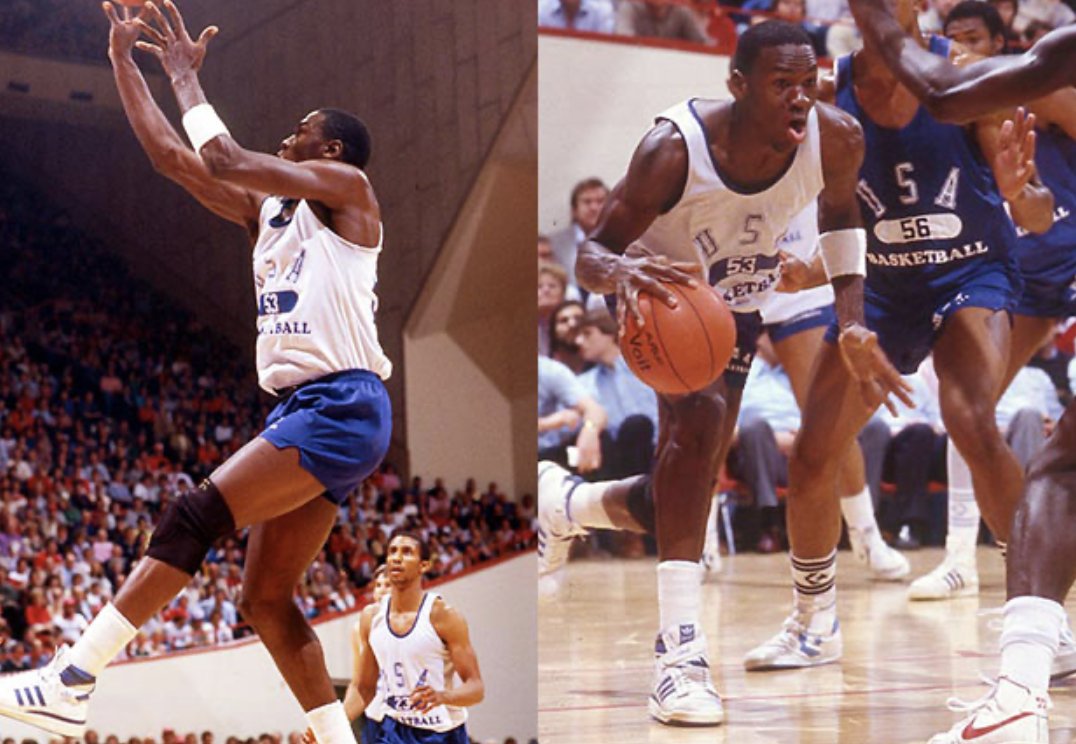
Robert Pera became the youngest owner in NBA history while building a $15 billion company.
The part you didn't know?
Pera risked everything, taking out $30,000 in credit card debt to make it happen.
Time for a thread 👇👇👇
The part you didn't know?
Pera risked everything, taking out $30,000 in credit card debt to make it happen.
Time for a thread 👇👇👇
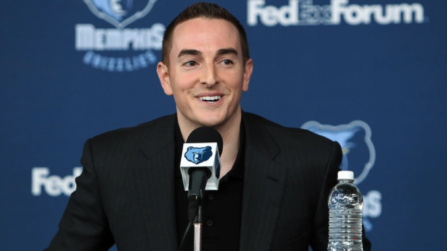
1) Robert Pera, raised in California, grew up with an intense passion for two things — Basketball & Technology.
After a heart defect caused Pera to quit basketball in high school, he focused more on technology.
By 18, Pera was providing networking services to local businesses.
After a heart defect caused Pera to quit basketball in high school, he focused more on technology.
By 18, Pera was providing networking services to local businesses.
2) After graduating from the University of California, San Diego, in 2002, Robert Pera accepted what he believed to be his "dream job."
Where at?
Apple.
"I idolized Steve Jobs.”
Where at?
Apple.
"I idolized Steve Jobs.”

3) At Apple, Robert Pera's job was to test the company’s Wi-Fi routers to ensure they met FCC standards.
The only problem?
His ambition.
Pera showed up early, stayed late and asked to join the design team, but was given a 2/5 performance rating and kept at a $65,000 salary.
The only problem?
His ambition.
Pera showed up early, stayed late and asked to join the design team, but was given a 2/5 performance rating and kept at a $65,000 salary.
4) While testing WiFi routers in 2003, Robert Pera noticed something interesting.
Pera realized that if you increased the power on Apple's routers, which was far below FCC limits anyways, you could extend the range for miles — where telephone & cable companies did not reach.
Pera realized that if you increased the power on Apple's routers, which was far below FCC limits anyways, you could extend the range for miles — where telephone & cable companies did not reach.
5) After realizing what could be accomplished with an increase in power, Robert Pera told his superiors at Apple.
There was just one problem.
They didn't take him seriously, telling Pera to drop the idea and get back to testing.
This is where it gets interesting…
There was just one problem.
They didn't take him seriously, telling Pera to drop the idea and get back to testing.
This is where it gets interesting…
6) After researching the issue, Robert Pera realized this was an existing problem — people were already rigging WiFi routers to extend signals.
“This was a big market that was just starting, but nobody knew about it.”
His solution?
Pera decided to build his own Wi-Fi Module.
“This was a big market that was just starting, but nobody knew about it.”
His solution?
Pera decided to build his own Wi-Fi Module.
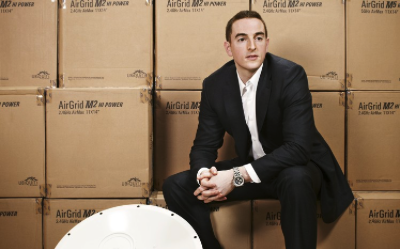
7) For the next year, Robert Pera did the bare minimum at Apple.
Instead, Pera worked nights and weekends building prototypes — depleting his savings and racking up $30,000 in credit card debt.
The best part?
Apple gave him a raise, saying "you're finally finding your stride.”
Instead, Pera worked nights and weekends building prototypes — depleting his savings and racking up $30,000 in credit card debt.
The best part?
Apple gave him a raise, saying "you're finally finding your stride.”
8) In 2005, with $30,000 in credit card debt, Robert Pera decided to leave his "dream job" at Apple and start "Ubiquiti."
Ubiquiti sold 4,000 units of its first product—a high-powered radio card—making about $200,000 in profit.
Even still, Pera was concerned about competition.
Ubiquiti sold 4,000 units of its first product—a high-powered radio card—making about $200,000 in profit.
Even still, Pera was concerned about competition.
9) Worried that he would be copied and undercut on price, @RobertPera looked for ways to make Ubiquiti irreplaceable.
Enter the AirMAX — which was cheaper, had a proprietary scheduling software, and made their equipment irreplaceable.
From there, sales took off…
Enter the AirMAX — which was cheaper, had a proprietary scheduling software, and made their equipment irreplaceable.
From there, sales took off…

10) Despite Chinese firms attempting to counterfeit their products, Ubiquiti's business exploded from 2010 to 2020.
Revenue
2010: $137M
2020: $1.3B
Employees
2010: 50
2020: 1,000
With 75% ownership of Ubiquiti, Pera's net worth is $15 billion.
But with success, came fun…
Revenue
2010: $137M
2020: $1.3B
Employees
2010: 50
2020: 1,000
With 75% ownership of Ubiquiti, Pera's net worth is $15 billion.
But with success, came fun…
11) Shortly after taking his company public in 2012, @RobertPera purchased the Memphis Grizzlies for $377M.
As a lifelong basketball fan, his explanation was simple:
“Some people like to buy yachts, this was No. 1 on my list.”
The team is now worth $1.3B — a 245% increase.
As a lifelong basketball fan, his explanation was simple:
“Some people like to buy yachts, this was No. 1 on my list.”
The team is now worth $1.3B — a 245% increase.
12) Robert Pera has done well financially as owner of the Grizzlies, but he's also had fun doing it.
Pera has played in the celebrity all-star game and even challenged Michael Jordan to a game of 1v1 for $1M towards charity.
MJ's response?
"That's comical”
You be the judge 👇
Pera has played in the celebrity all-star game and even challenged Michael Jordan to a game of 1v1 for $1M towards charity.
MJ's response?
"That's comical”
You be the judge 👇
13) In the end, the best entrepreneurs continue to show us two things are necessary for massive financial success:
1. Take a risk
2. Own equity
Robert Pera invested in himself, quit his dream job at Apple, and turned $30,000 in credit card debt into a $15 billion business.
1. Take a risk
2. Own equity
Robert Pera invested in himself, quit his dream job at Apple, and turned $30,000 in credit card debt into a $15 billion business.
If you enjoyed this thread, you should:
1. Follow me, I tweet cool sports business stories everyday.
2. Subscribe to my free daily newsletter where I give detailed analysis on topics involving the money and business behind sports.
readhuddleup.com
1. Follow me, I tweet cool sports business stories everyday.
2. Subscribe to my free daily newsletter where I give detailed analysis on topics involving the money and business behind sports.
readhuddleup.com
Also, don't forget — @AthleticBrewing is the reason I'm able to create sports business content full-time.
If you want to support me, buy some beer - it's really great stuff.
Use code "JOE25" for 25% off at athleticbrewing.com
If you want to support me, buy some beer - it's really great stuff.
Use code "JOE25" for 25% off at athleticbrewing.com
• • •
Missing some Tweet in this thread? You can try to
force a refresh






